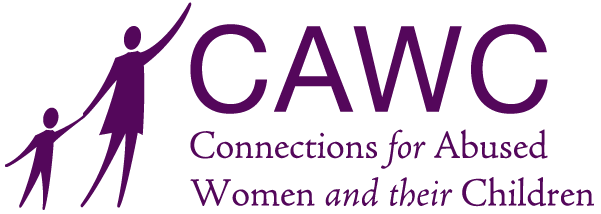Most people probably don’t think of domestic violence as being a public health issue. If anything, we’re probably more likely to think of domestic violence as a private matter—something that happens behind closed doors, as a result of individual factors, and which must necessarily be dealt with on an individual basis too.
While this is partially true, it’s not the whole story—and it doesn’t help much in terms of determining solutions to domestic violence. Here, we’ll discuss the benefits of thinking of domestic violence as a public health issue, and how that framework can help in preventing domestic violence.
Is Domestic Violence a Public Health Issue?
Like many other public health issues, domestic violence is often rooted in socioeconomic disadvantage or inequality. We’ve written previously about how factors such as poverty, poor education, and unemployment are potential risk factors for domestic violence.
On top of that, health sector experts point to two other factors that link public health and domestic violence. First is the widespread nature of domestic violence (nearly one in three women worldwide will be affected over the course of their lives). As such, it represents a threat to the health and safety of a large proportion of the population. Second, domestic violence can have lasting consequences for the physical and psychological health of survivors—not to mention its impact on families and society as a whole.
Using a Public Health Approach to Prevent DV
Viewing domestic violence through a public health lens presents an opportunity to address it in a systematic manner using population-based public health and social equity concepts.
For example, this approach might incorporate any or all of the following strategies:
- better education on how to recognize domestic violence for healthcare providers, as well as increased screening measures in hospitals and other healthcare facilities
- allocating more resources and funds to nonprofits and other advocacy groups dedicated to preventing domestic violence and/or providing assistance to domestic violence survivors
- government- and community-led initiatives to address some of the underlying risk factors for domestic violence (eg, poverty, crime, underemployment, etc.)
At Connections for Abused Women and Their Children (CAWC), we believe that everyone has a right to a life free of violence. Our mission to end domestic violence is rooted in education, service, and advocacy. In addition to working toward broader social change, we provide empowerment-based and trauma-informed support in the form of shelter, counseling, and advocacy to individuals affected by domestic violence and their children. If you or someone you know is struggling with domestic violence, don’t hesitate to call our 24-hour hotline at (773) 278-4566. To support our work, consider volunteering or donating.
